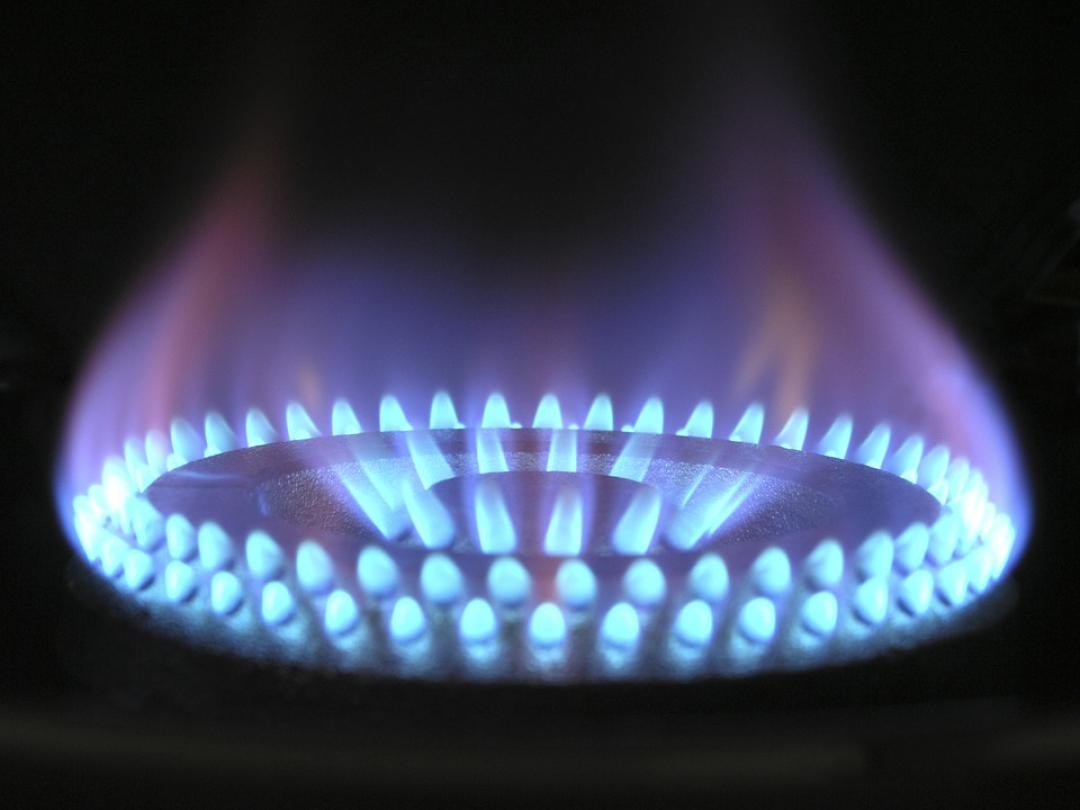
Azerbaijan Gas projects on European Commission’s list of projects of common interest

On 31 October, The European Commission (EC) adopted the fourth list of Projects of Common Interest (PCI) for implementing cross-border energy infrastructure in the EU. Amongst those projects 5 were related to the energy supply from Azerbaijan, reported Trend.
The projects in the list that have to do with the transportation of Azerbaijan gas are as follows: 1) Interconnector Greece — Bulgaria (IGB), 2) Cluster phased capacity increase on the (Bulgaria) — Romania — Hungary — (Austria) bidirectional transmission corridor (currently known as "ROHUAT/BRUA"), 3) Trans-Caspian Gas Pipeline” (TCP), 4) “South Caucasus Pipeline Future Expansion” (SCPFX), as well as 5) “Trans-Adriatic Pipeline” (TAP).
The Southern Gas Corridor (SGC) is one of the priority projects for the EU and envisages the transportation of 10 billion cubic meters of Azerbaijani gas from the Caspian region through Georgia and Turkey to Europe. The SGC consists of four projects: Shah Deniz 2, Expansion of South Caucasus Pipeline (Baku-Tbilisi-Erzurum), the Trans Anatolian Pipeline (TANAP) and Trans Adriatic Pipeline (TAP).
The aim of the TANAP Project is to bring natural gas produced from Azerbaijan’s Shah Deniz-2 gas field, and other areas of the Caspian Sea, primarily to Turkey, but also on to Europe. The TANAP Project, along with the South Caucasus Pipeline (SCP) and the Trans-Adriatic Pipeline (TAP) form the elements of the Southern Gas Corridor. TANAP will run from the Turkish border with Georgia, beginning in the Turkish village of Türkgözü in the Posof district of Ardahan, will run through 20 provinces including Kars, Erzurum, Erzincan, Bayburt, Gümüşhane, Giresun, Sivas, Yozgat, Kırşehir, Kırıkkale, Ankara, Eskişehir, Bilecik, Kütahya, Bursa, Balıkesir, Çanakkale, Tekirdağ and Edirne until it ends at the Greek border in the İpsala district of Edirne. From this point, the TAP Pipeline will connect to convey natural gas to European nations.
The IGB is a gas pipeline, which will allow Bulgaria to receive Azerbaijani gas, in particular, the gas produced from Azerbaijan's Shah Deniz 2 gas and condensate field. IGB is expected to be connected to TAP via a pipeline from the Shah Deniz field, which will be delivered to the European markets. The initial capacity of IGB will be 3 billion cubic meters of gas.
The interconnector between Romania and Bulgaria, as well as the BRUA project, will ensure the integration of natural gas sources from the Caspian and Mediterranean basins, the Middle East or Central Asia, with the markets in Central and Western Europe. The Romanian government has approved a Memorandum of Understanding between the Ministry of Energy, Transgaz and the Southern Gas Corridor Consultative Council on the potential of cooperation in the use of gas transport infrastructure offered by the Romania-Bulgaria Interconnector and Bulgaria-Romania-Hungary-Austria pipeline (BRUA) in the forthcoming enlargement stages of the Southern Gas Corridor in the Balkans and Central Europe.
The Trans-Caspian gas pipeline provides for the transportation of gas from Turkmenistan to Europe through Azerbaijan. For this, a 300-kilometer gas pipeline should be laid to the Azerbaijani shores across the floor of the Caspian Sea.
The EC Projects of Common Interest list, aimed at shoring up cross-border infrastructure projects which provide affordable, clean, secure energy to EU residents, is designed to support the EU’s long term Energy Union goals of energy decarbonisation and ensuring sustainable energy provision throughout the bloc. All projects included in the list are market integrated in at least two EU Member States and can be shown to have a ‘significant impact’ on European energy markets.
Electricity and smart grids account for more than 70 percent of the projects, mirroring the increasing role of renewable electricity in the energy system and the need for network reinforcements to enable the integration of renewables and more cross-border trade. Meanwhile, the number of gas projects decreased from 53 two years ago to 32, or 21 percent of all projects on the PCI list. This is in line with the role of gas when meeting the EU's decarbonisation objectives. The EU gas grid has become more robust and if all ongoing PCIs are implemented, the EU should have a well-interconnected and shock-resilient gas grid by the early 2020's.
See Also


Mirzoyan Meets US Deputy Assistant Secretary Joshua Huck

Azerbaijani President Holds Talks with UAE and German Business Delegations on Economic Cooperation

Grigoryan Confirms Armenia’s Readiness to Dissolve OSCE Minsk Group Upon Peace Treaty Signing

Azerbaijani Official Warns of Ecological Risks to Caspian Sea, Similar to Lake Urmia and Aral Sea

